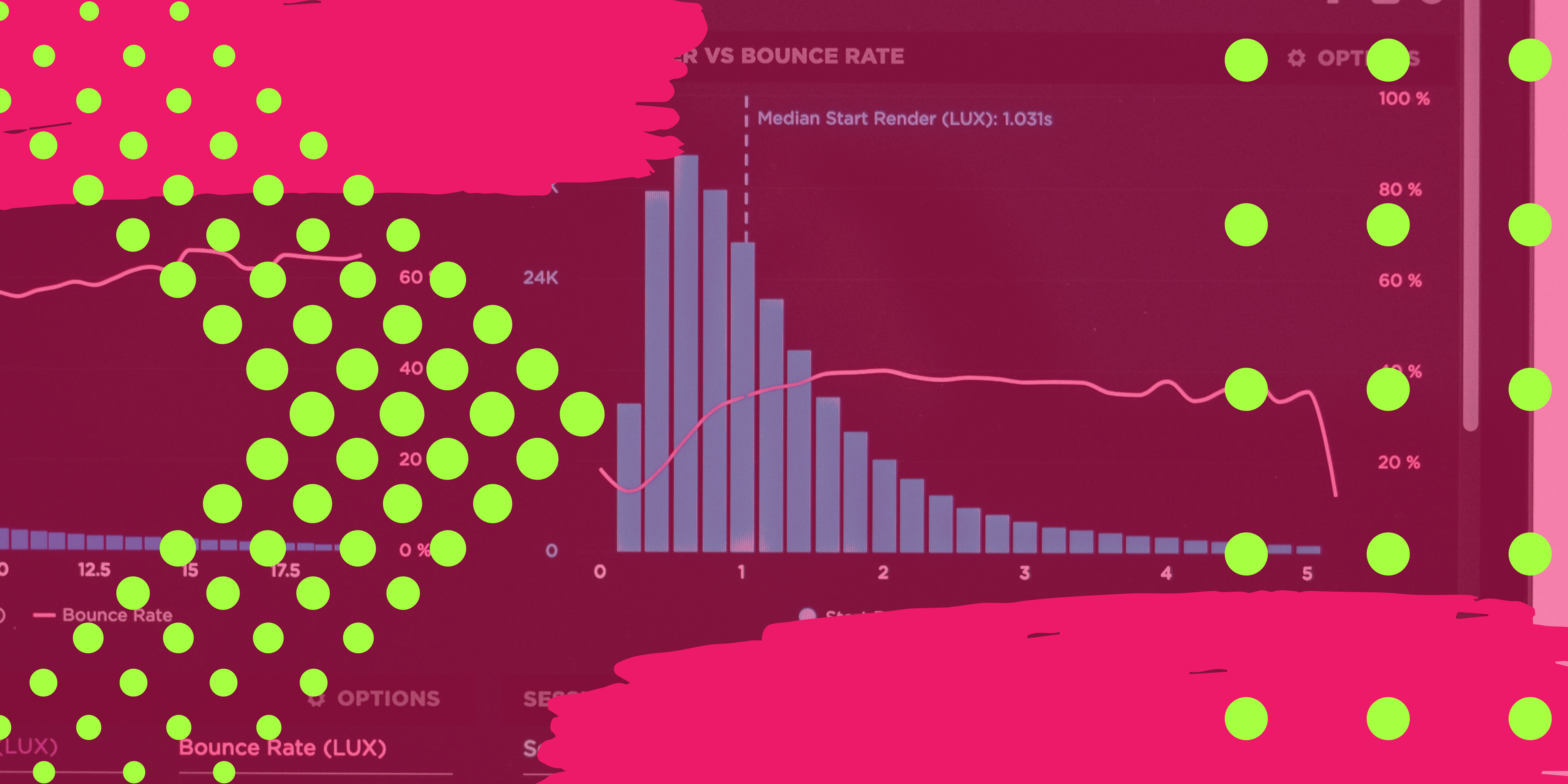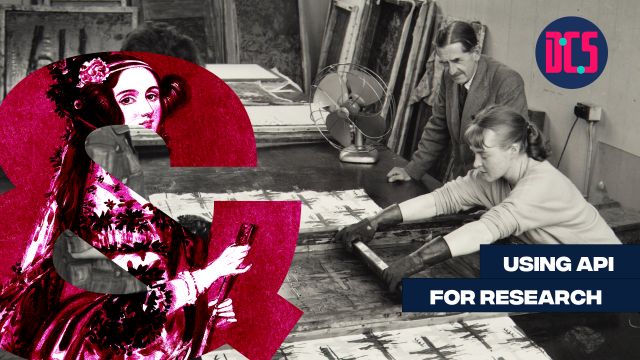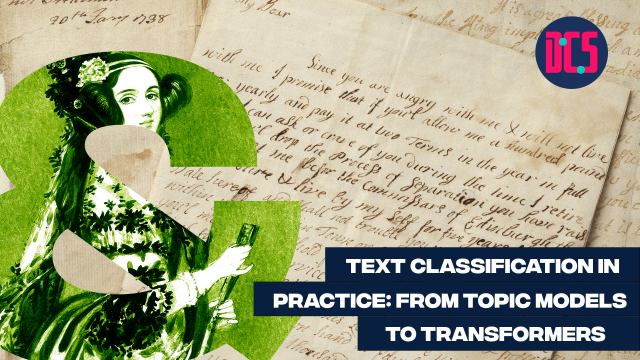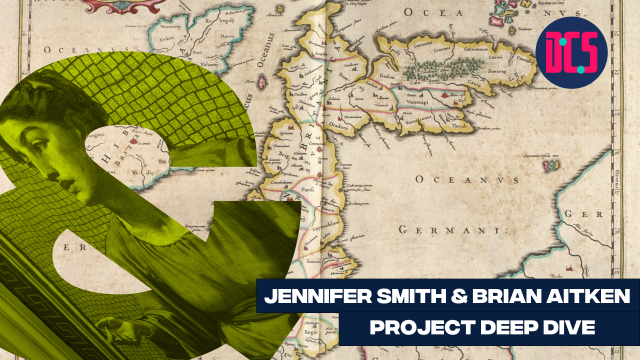Regression and Mixed Effects Modelling with R

In Person
This course will introduce you to regression and linear mixed-effects models (LMMs). It will help to develop your theoretical understanding and practical skills for running such models in R.
A regression is a statistical technique that relates a dependent variable to one or more independent variables. A regression model can show whether changes observed in the dependent variable are associated with changes in one or more of the explanatory variables.
Linear mixed-effects models are powerful and flexible statistical tools that help us understand the world. This is particularly useful in language sciences when our aim is to investigate the influence of one or more predictor factors (e.g., time spent on the Internet per week) on a particular linguistic phenomenon that we are interested in (AKA. an outcome variable; e.g., people’s tendency to use internet slang in face-to-face communication). In these cases, we often need to account for the individual differences among people who take part in the study. Linear mixed models allow us to do this and more!
This course includes three 2-hour sessions. Session 1 is mainly conceptual. We will first recall linear regressions and discuss how linear mixed-effects regressions differ from it and why we want to use mixed-effects models. Sessions 2 and 3 are more practical in that we will go through a real dataset from a sociolinguistic study to demonstrate how to run LMMs in R using the lme4 package (Bates, Mächler, Bolker, and Walker, 2015). You will also have the opportunity to try it out yourself by analysing a made-up psycholinguistic dataset using LMMs in R.
By the end of the course, you will understand the following concepts of LMMs and know how to construct LMMs in R.
• Model structure (fixed and random effects)
• Coefficients (intercepts and slopes)
• Model fit
• Model Selection
• Model Assumptions
This course is an advanced training course. It requires a basic understanding of R and statistical analyses. Some general knowledge of regression is not mandatory but will help you follow the content of this course. The lme4 package should be downloaded and installed prior to participating in this workshop.
Those who have registered to take part will receive an email with full details on how to get ready for the course.
After taking part in this event, you may decide that you need some further help in applying what you have learnt to your research. If so, you can book a Data Surgery meeting with one of our training fellows.
More details about Data Surgeries.
If you’re new to this training event format, or to CDCS training events in general, read more on what to expect from CDCS training. Here you will also find details of our cancellation and no-show policy, which applies to this event.
If you're interested in other training on data analysis, statistics, and machine learning have a look at the following:
- Digital Method of the Month: Statistics
- Introduction to Statistics and Descriptive Statistics
- Finding Patterns Across Data
- Digital Method of the Month: Machine Learning
- Introduction to Machine Learning
- Statistical Methods: Null-hypothesis Testing with R
- Statistical Methods: Monte Carlo Simulations with R
- AI and Ethics
- Statistical Methods: Principal Component Analysis with R
Return to the Training Homepage to see other available events.
Digital Scholarship Centre
Digital Scholarship Centre, 6th floor
Main Library
University of Edinburgh
Edinburgh EH8 9LJ












